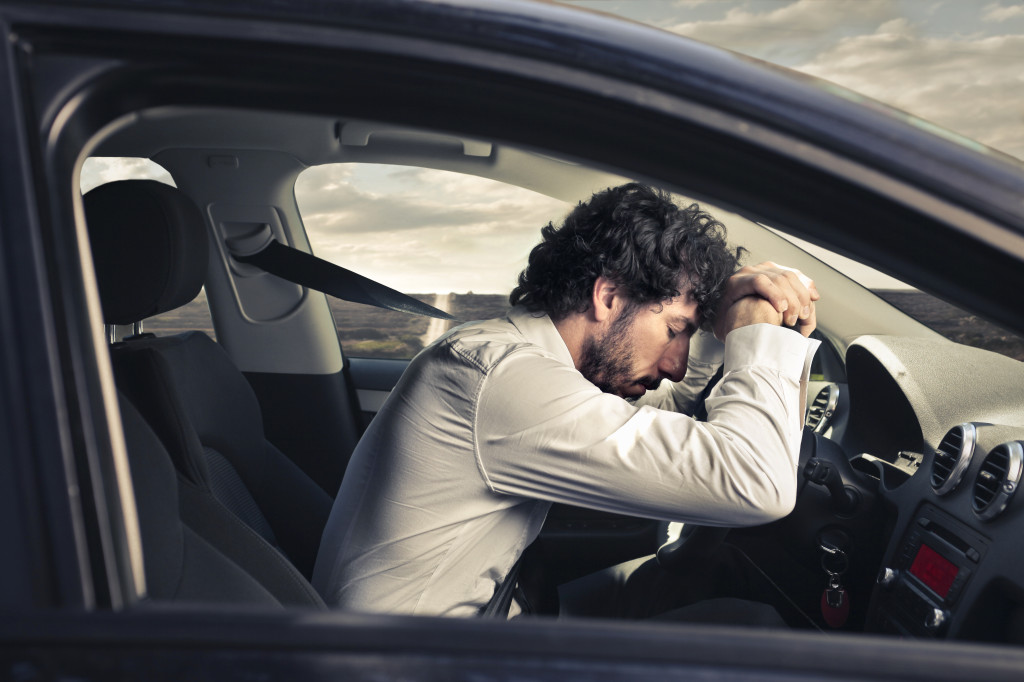A Good Night’s Sleep Helps Keep Your Driving Record Clean
The inability to get a good night’s sleep affects more than just your ability to stifle yawns during the workday. In fact, a lack of sleep is directly related to many auto accidents, some of them involving fatalities. A recent example of such an instance is the highly publicized auto accident involving actor and comedian Tracy Morgan and the Wal-Mart truck driver who had allegedly not slept in over a day. Most of us have a few nights here and there when we don’t get enough sleep, and when that happens getting behind the wheel turns into a risky venture.
How Sleep Deprivation Affects Drivers
When you do not get enough sleep, it’s likely that you notice feeling tired during the day. While that may not seem like a big deal, that’s not the only way that sleep deprivation changes you. Among the problems you can experience as a result of sleep loss, WebMD includes the following:
- impaired critical thinking
- lack of alertness
- concentration problems
- difficulty paying attention
- inability to make sound judgments
These factors all contribute to the main problem that WebMD mentions, which is that sleep deprivation is directly related to auto accidents, as well as some of the biggest disasters in history like Chernobyl.
Sleep-Deprived Driving Can Kill
According to the National Highway Traffic Safety Administration, drowsy drivers are directly responsible for over 100,000 vehicle crashes each year. Of those crashes, the NHTSA notes that 1,550 fatalities and 40,000 injuries happen each year. While those numbers are staggering, the real numbers are much higher since it is believed that sleep deprivation as a crash cause is highly underreported.
Who It Affects and How To Prevent It
Though driving while drowsy is most seen in the under 25 age group, it affects people of all ages. In fact, the NHTSA identifies three main groups who have the most risk of driving without enough sleep and getting into an automobile accident. Those groups are:
- shift workers
- younger drivers, especially younger male drivers
- drivers who suffer from sleep apnea and/or narcolepsy
For most people, simply getting an adequate amount of sleep each night is all that it takes to not fall victim of the effects of sleep deprivation when driving. In fact, the NHTSA pinpoints this as the single most effective solution.
When you have to drive after not getting an adequate amount of sleep, there are some measures you can take to reduce or eliminate some of the negative effects. If time permits, then napping for around 15 minutes before getting on the road improves driving performance.
Other options that seem to work include drinking a couple of cups of coffee to boost your caffeine or creating an uncomfortable driving situation, such as keeping it really cold in the vehicle.
Those drivers with medical conditions like sleep apnea should consult with a physician for effective treatment options before driving.
And if your sleep deprivation is due to poor sleeping conditions, then consider sleep masks, ear plugs or other devices that exist to create an ideal environment for sleeping.
Trackback from your site.

